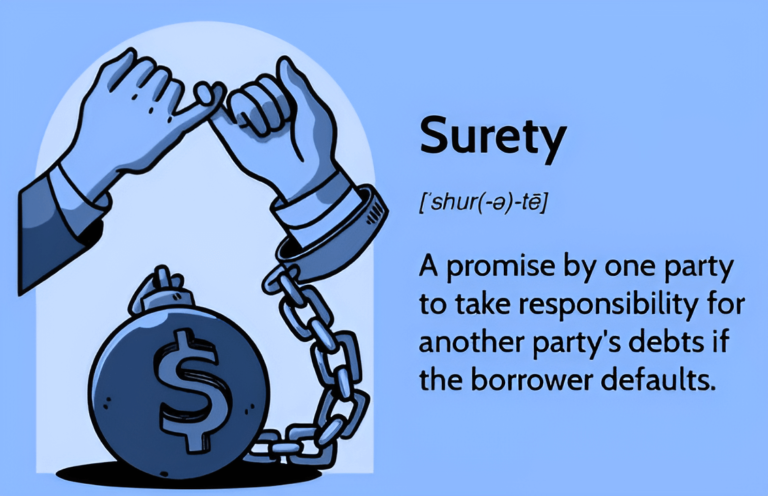- Home
- SURETY BOND
SURETY BOND

WHAT IS A SURETY BOND?
A surety bond is often required for businesses to secure commercial contracts. Unlike insurance, which involves two parties (the insured and insurer), a surety bond involves three parties:
- Principal: The company seeking the contract and purchasing the bond.
- Obligee: The company or government agency requiring the work to be performed.
- Surety/Obligor: The company issuing the bond and guaranteeing the principal’s performance.
Key Aspects of Surety Bonds:
Purpose: The principal promises the obligee that the contracted work will be completed, while the surety guarantees this promise on behalf of the principal.
Underwriting Process: Before issuing a bond, the surety conducts an underwriting process similar to a bank loan application. This includes reviewing the principal’s financial statements, business information, and management background to assess risk.
Risk Mitigation: The surety takes on the risk of guaranteeing project completion. If the principal fails to fulfill their obligations, the obligee can file a claim against the bond. The surety then steps in to ensure the project’s completion and may seek restitution from the principal.
Premium: The principal pays a premium to the surety for issuing the bond, which reflects the risk involved.
Difference from Insurance:
- Insurance pays out claims, while surety bonding expects the principal to fulfill their obligations. The surety’s role is to ensure completion of the project rather than pay claims.
Specialized Bonding:
- There are numerous types of surety bonds for various situations, including unique and challenging requests. Certain sureties specialize in handling unconventional bonding needs.
OUR SERVICES:
- We specialize in providing bonds from highly rated, T-listed surety companies. Whether your bonding needs are standard or complex, we ensure reliable bonding solutions tailored to your requirements.

